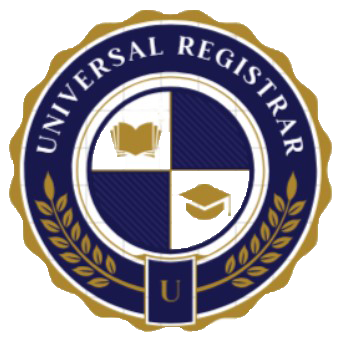Overview

Business disruption generally comes without warning. You may believe that your business is fairly robust, yet factors such as the environment, economics, politics or people have the ability to suddenly bring any organisation to its knees. ISO 22301 the Business Continuity Management (BCM) standard has been developed to protect companies from the risks associated with company outages which can occur due to unexpected disruptions or disasters. Disruptions to your business can result in revenue loss, data risk breakdowns and failure to deliver normal client services as per service level agreements (SLA’s).
ISO 22301 requires an organisation to pre-empt risks and put in place contingency plans and tested responses to more effectively respond to unexpected threats should they arise. It helps your team agree timeframes within which you will resume your activity following an adverse event. The standard also requires you to make resources available to implement, maintain and test plans to ensure operational continuity regardless of the conditions.
A BCM practice can safeguard an organisation against the proceeding reputation damage which can occur from missed deadlines, data leakages, operational or IT outages, industrial actions, disappointed clients or direct financial losses due to the disruption. Universal Registrars recommends that every business has a plan in place to deal with potential disruptions and to avoid excessive downtime and reduced productivity during the disruption.
Achieving ISO 22301 Certification
✓Please click here to request a call back, or further information on how you can become ISO 22301 certified. We can also provide a no-obligation competitive quotation from our dedicated business development team.
✓Our leading auditors will devise a comprehensive assessment program which will be agreed in line with your BCM requirements.
Certification Benefits
✓Eligibility for submitting tenders or proposals for projects.
✓Identify and respond to customer needs
✓Deliver services that can meet defined quality levels
✓Can boost your organisation’s brand reputation and be a useful promotional tool, especially when going up against competitors who aren’t certified
✓ISO/IEC 20000-1 certification provides objective evidence of compliance to ITIL best practices
✓For internal IT, ISO 20000-1:2011 certification increases perceived value of IT services
✓Performance improvements such as:
✓Reduction of system outage
✓Reduction of critical incidents
✓Increased system availability
